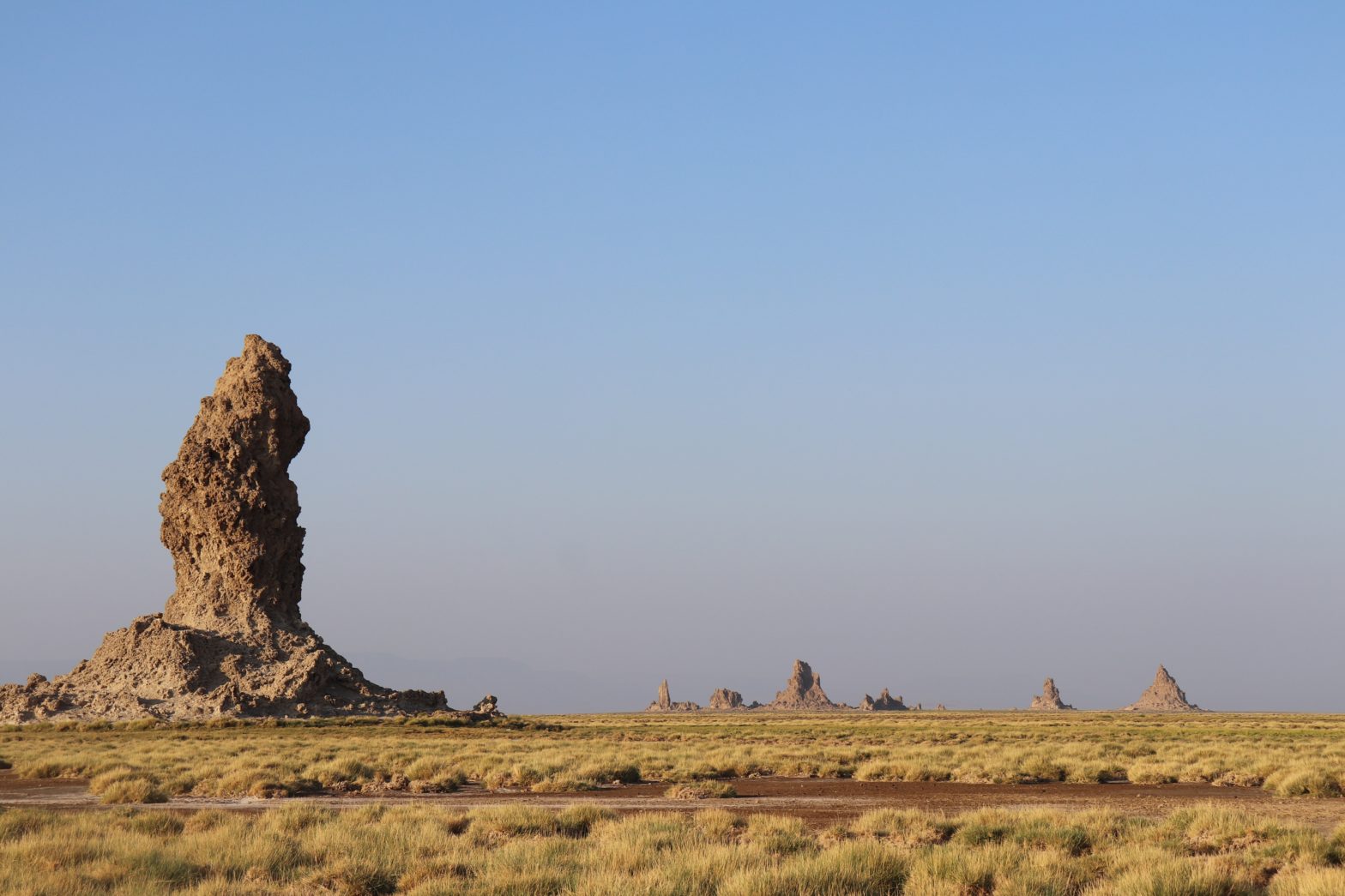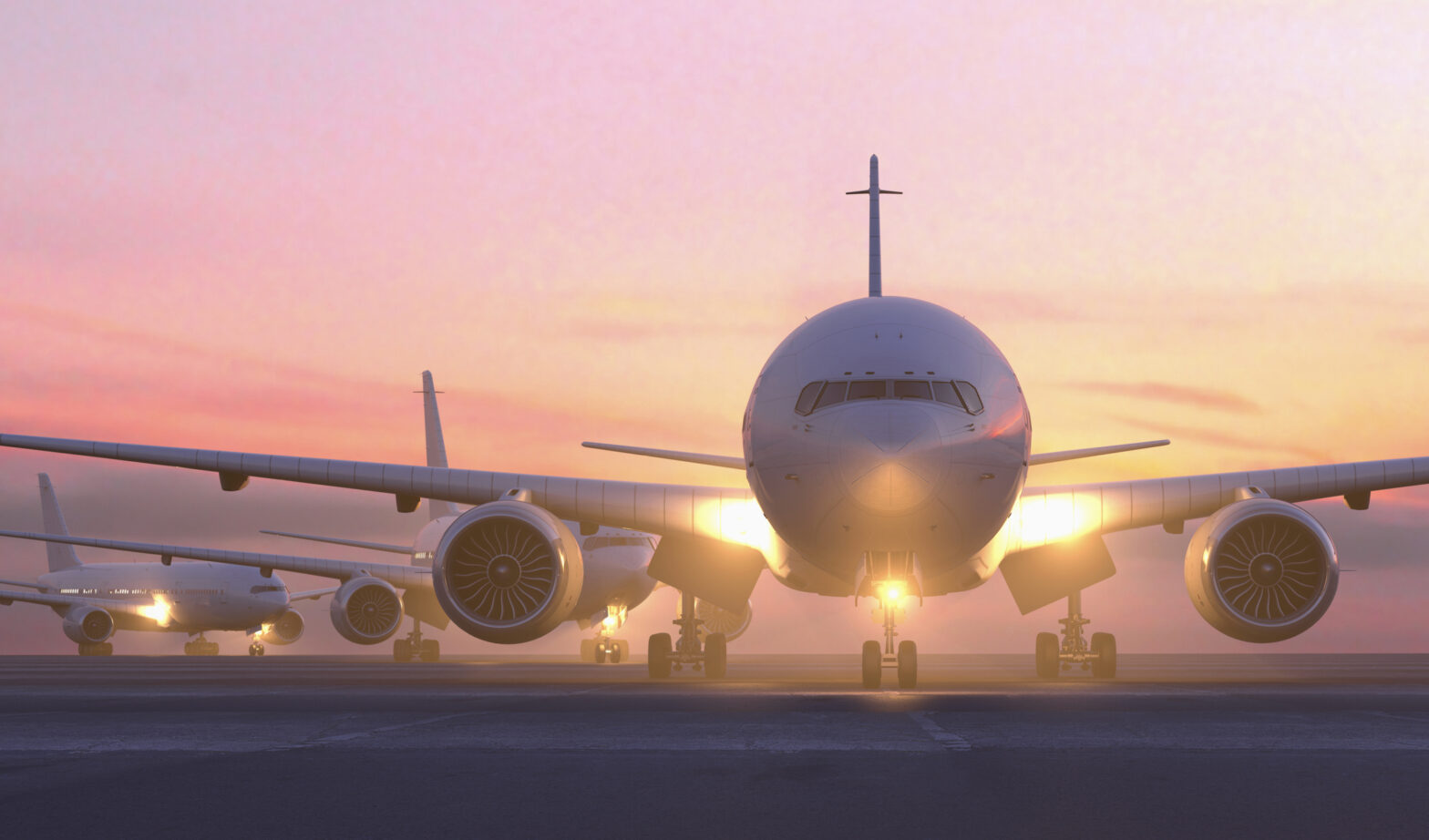There is so much to love and learn about Africa and to help you along, we focused on 11 interesting facts about Djibouti. Surrounded by Somalia, Ethiopia and Eritrea, Djibouti is a smaller, less explored country on the coast. This East African country has a lot of little-known fun facts -we’re sharing these interesting facts about Djibouti right here.
1. Lake Assal is 10 times saltier than the sea
https://www.instagram.com/p/B-hr2kKIwue/
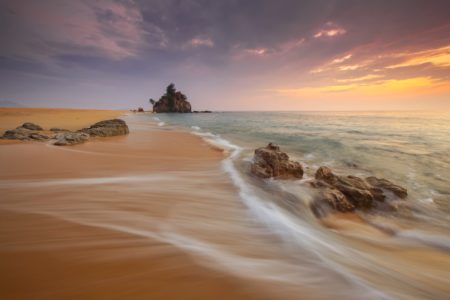
Lake Assal (Lac Assal), a world-renowned crater lake in the center of the country, is 10 times saltier than the sea. This makes it the second saltiest body of water in the world after Don Juan Pond in Antarctica.
2. Lake Assal is the lowest point in Africa
Lake Assal makes the list again for mind-blowing natural facts about Djibouti. Lake Assal is the lowest point in Africa and the third- lowest point in the world after the Dead Sea and the Sea of Galilee. Lake Assal is 155m below sea level.
3. Djibouti is positioned in the Afar Triple Junction
Djibouti is positioned on the Afar Triple Junction – a region where three divergent segments of the Earth’s crust – Somalian, Nubian and Arabian plates- are tearing away from each other.
4. There are two main ethnic groups in Djibouti
The two largest ethnic groups are the Somali and the Afar. The Somali peoples are the larger community of the two. The country also has a small population of Arabs, Ethiopians and Europeans.
5. Military bases in Djibouti
Several nations have military bases in Djibouti. Some of these countries include the U.S., China and France.
6. Djibouti has the only permanent U.S. military base in Africa
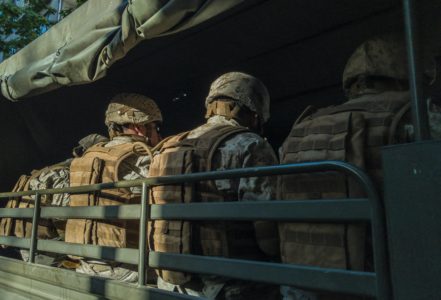
Camp Lemonnier is the only permanent U.S. military base in all of Africa. Thousands of U.S. military citizens are stationed at this famous base in Djibouti.
7. Khat is legal in Djibouti but forbidden in offices and public sector jobs
Khat, the narcotic plant, is found in Djibouti and enjoyed in a similar way to neighboring nations Somalia, Ethiopia and Yemen. The chewable plant is a huge part of East African culture as well as Yemen, and Southern Saudi Arabia but has garnered a lot of stigma. While it is legal in Djibouti, it is forbidden in office workspaces and public sector jobs.
8. Djibouti city accounts for 76% of the country's population
Djibouti city is the largest city in Djibouti. With a population of over 600,000 as a country (according to CIA World Factbook), Djibouti city accounts for 76% of the entire population.
9. The capital city is built on coral reefs
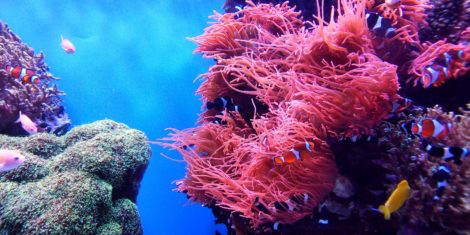
Another fun fact about Djibouti city? It is built on coral reefs that jut into the southern part of the gulf. These coral reefs have the potential to protect both human and marine life and are extremely vulnerable to rising sea surface levels.
10. The third smallest country in Africa
At 23,200 square km, Djibouti is the eighth tiniest country on the big continent. The top 7 are Seychelles, São Tomé and Príncipe, Mauritius, Comoros, Cape Verde, Gambia and Swaziland respectively. (WorldAtlas)
11. Home to dystopian landscapes
https://www.instagram.com/p/B-7bzNmIJ5C/
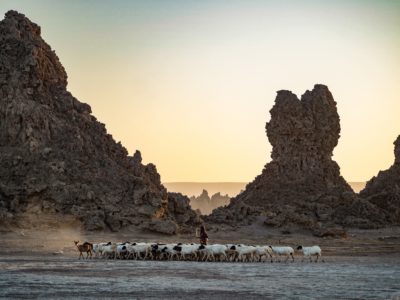
Unsplash | @Lesly Derksen
Djibouti is perhaps most famous for Lac Abbé (Lake Abbé), one of the most dystopic landscapes in the world. Travelers from around the world head 140km southwest of Djibouti city on the Ethiopian border to this deserted lake, looking to indulge in apocalypse-like scenery.
